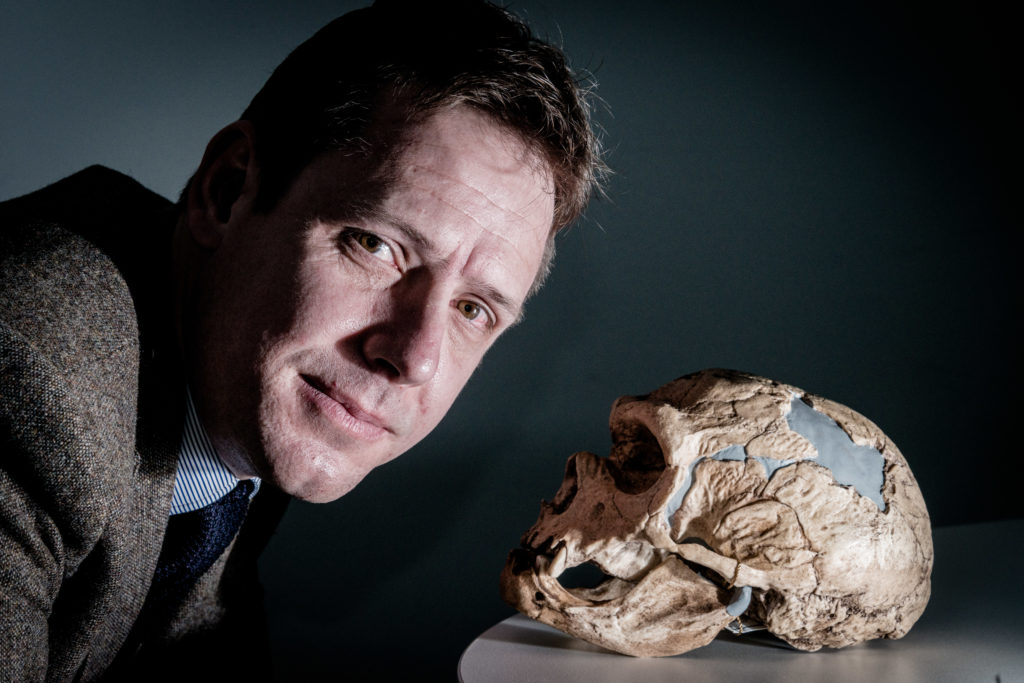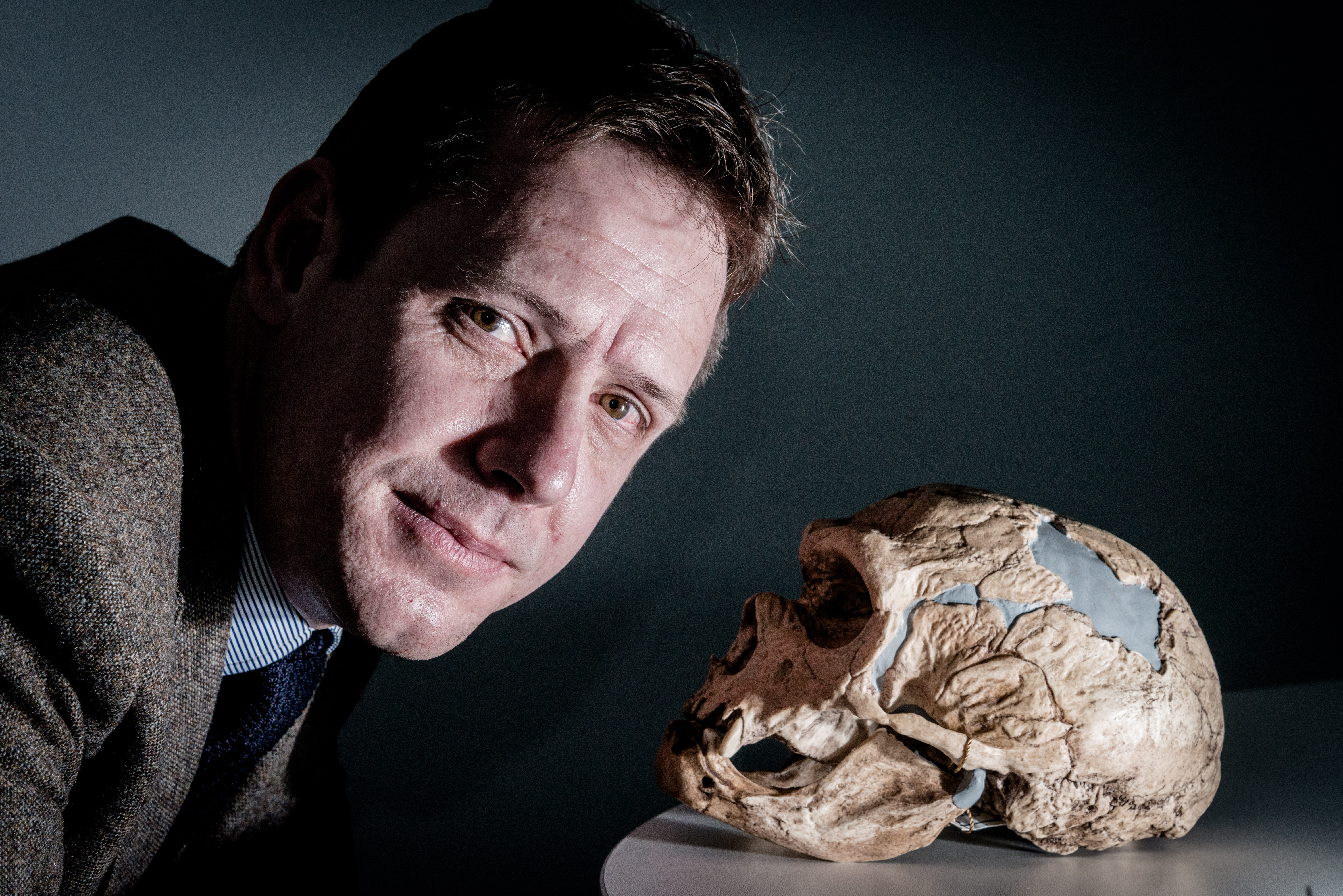Research undertaken by Brighton University academic James Cole has quantified the calorific value of the human body to shed more light on the habits of our ancient human ancestors, some of whom were cannibals.

Why did these past human species engage in the practice of cannibalism? Dr Cole said: “Human cannibalism is a subject that continues to hold a morbid fascination within modern societies. In particular, identifying the motivations for human cannibalism remains a contentious issue.
“In modern humans, cannibalism has been related to any combination of the following: survival, psychotic or criminal, aggressive, spiritual or ritual, gastronomic or dietary, and medicinal.
“Cannibalism is not, however, purely a characteristic of modern humans and has been practiced by a range of hominin species from at least one million years ago.”
Dr Cole, an expert in human origins and Senior Lecturer in Archaeology at the university’s College of Life, Health and Physical Sciences, assessed the calorie value of the human body: A 65kg or 10 stone human has approximately 32,000 calories in their muscle tissue compared to 163,000 calories in the muscle tissue of a deer and an estimated 3.6 million calories for the muscle tissue of a mammoth.
The results, question the idea that our ancestors hunted and consumed members of their own species for strictly nutritional reasons given the much greater calorie return from the faunal species we know were commonly consumed in the past.
It is possible that some of our ancestors may have eaten members of their own species out of convenience – victims who died from natural causes were a ready source of food and did not need to be hunted.
But Dr Cole, whose research is published today, said: “We know that modern humans have a range of complex motivations for cannibalism that extend from ritual, aggressive, and survival to dietary reasons. Why then would a species such as the Neanderthals, who seem to have had varying attitudes to the burial and treatment of their dead, not have an equally complex attitude towards cannibalism?”
Dr Cole hopes his research will form part of a holistic approach to the definition of prehistoric cannibalism, with a stricter use of terminology when describing cannibal episodes beyond the “ambiguous and leading terms ‘nutritional’ or ‘symbolic’”.
Dr Cole’s research has been published today by Scientific Reports: http://nature.com/articles/doi:10.1038/srep44707
For more information on Dr Cole’s research, go to https://www.brighton.ac.uk/research-and-enterprise/research/life-health-and-physical-sciences/research-groups/past-human-and-environment-dynamics/assessing-the-calorific-significance-of-human-cannibalism-in-the-palaeolithic.aspx








